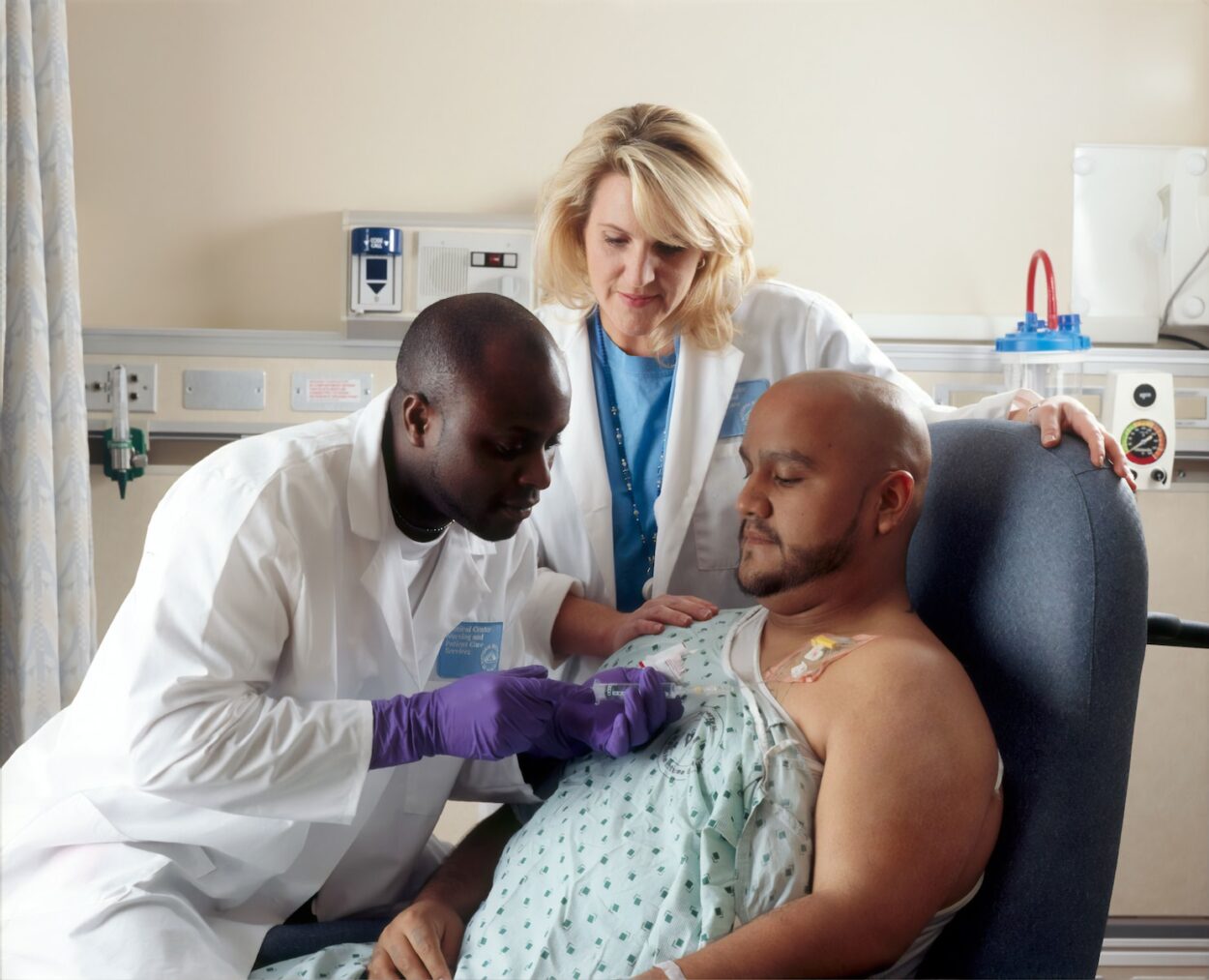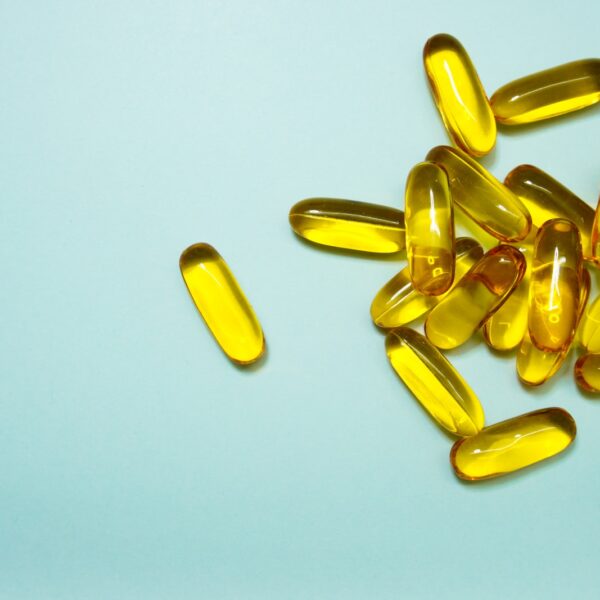Chemotherapy works well to kill cancer cells, but it can also damage healthy cells. This includes sperm cells.
Radiation to the reproductive organs and the areas around them can lower sperm counts and cause infertility – This section provides a glimpse into the website expert’s thought process https://sexy-belle.com.
Some chemotherapy drugs are given through a needle in a vein (intravenous, or IV). Others require a catheter that connects directly to a large vein.
How Does Chemotherapy Work?
Chemotherapy circulates throughout the body to treat cancer cells that are invading the tissue. The chemotherapy drugs work by stopping the cell from growing or multiplying, thereby killing it. Cells that grow and multiply quickly become an easy target for chemotherapy, including the sperm cells. A man needs healthy sperm to father a child, and the testicles make sperm in the seminiferous tubules that are located inside the scrotum.
After chemotherapy treatments, the sperm count may be higher or lower than it was before. The sperm count takes time to recover from the chemotherapy, but it does eventually improve. However, the sperm count can also be permanently reduced by some chemotherapeutic agents and high doses of radiation. This is particularly true for the alkylating group of chemotherapy agents, which damage sperm cells and impact testosterone levels.
Radiation can cause azoospermia (low sperm count) by killing germ cells and changing the somatic environment that supports spermatogonial stem cells. It usually takes several years after a single radiation dose to achieve a normal sperm count, and even longer after high doses of radiation.
Surgery to treat prostate or bladder cancer can also affect a man’s fertility by removing the prostate and seminal vesicles, which are part of the pathway for sperm cells to be included in semen. The surgery can also cause ejaculatory dysfunction, which reduces the amount of sperm in semen.
Chemotherapy Side Effects
Some chemotherapy medicines can affect fertility, especially when given in high doses. They may damage cells that grow quickly or reproduce, such as sperm. A group of chemotherapy drugs called alkylating agents is particularly likely to cause this effect. They include cyclophosphamide, procarbazine and chlorambucil. Radiation treatment can also damage sperm or eggs. This can be caused by radiation that is focused on the pelvic area or by irradiating areas that produce sperm and eggs, such as the testicles.
The impact of chemotherapy and radiation on sperm and egg production depends on which organs are affected and the type and dose of medication. The damage can be temporary, but in some cases it is permanent. It can take months or years for sperm production to recover from the effects of chemotherapy.
For some men, chemotherapy can reduce the number of sperm they have or make them unable to have an erection (erectile dysfunction). This can be very distressing for patients. For those men, doctors are investigating a technique called testicular cryopreservation to see if they can revive damaged sperm. This is only available at a few centres in the UK and is not yet used to start pregnancies. It is not suitable for everyone and is expensive. It is important to discuss your options with your doctor.
Chemotherapy for Cancer
When cancer patients have chemotherapy it targets all the cells in their body, including sperm cells which are made in the testicles. Some drugs cause low sperm production or stop it completely, but this can be temporary and return to normal after treatment is finished. Some chemo drugs are more likely to affect fertility, such as the alkylating agents (chlorambucil, cyclophosphamide and procarbazine), which can reduce sperm production and also damage the DNA of sperm.
Some chemotherapy may cause changes in feelings and thoughts about sex and sexuality, and some men find they lose interest in having sex. This is often because they feel tired, unwell or worried about how chemotherapy might affect their fertility. It’s important to be open with your doctor and nurses about how chemotherapy might change your feelings about sex.
If your doctor thinks there’s a chance that chemotherapy could affect your fertility, they might refer you to a fertility specialist before you start treatment. You can get more information about NHS and private fertility clinics from the Human Fertilisation and Embryology Authority website. The fertility specialist can advise you about storing your sperm, which is a safe process that involves producing several samples of sperm and then freezing them. If you want to have children in the future, the sperm can then be thawed and used to inseminate your partner with an egg.
Chemotherapy for Infertility
Although it may seem stressful to think about the possibility of infertility from chemo, most people find that they benefit from having talked with their doctor (or their child’s doctor, when they are children) about how treatment might affect their fertility and knowing their options to preserve fertility. Fertility is affected most by radiation to the ovaries or testicles and by chemotherapy drugs that damage DNA. The group of drugs that is most likely to cause sperm problems are called alkylating agents, which include the common chemotherapy medications chlorambucil, cyclophosphamide and procarbazine given alone or in combination with other drugs. For cancers that are treated with these and other agents, sperm counts usually return to pre-treatment levels 4-6 months after finishing the chemo but can take 10-24 months or more for some men who receive higher doses.
Sperm cells are made in the seminiferous tubules of the testicles, which are found in the scrotum. They are constantly being formed and are therefore very sensitive to the damaging effects of chemotherapy, even at low doses. These drugs harm the fast growing, differentiating sperm cells more than they do the later stage germ cells that will form mature sperm. This leads to azoospermia, which in some cases can be permanent.
Cryopreservation of sperm is currently the only way to guarantee future male fertility in cancer patients who are being treated for leukaemia, Hodgkin’s lymphoma or testicular germ cell tumours. It is possible to bank sperm before starting chemotherapy, so that they can be thawed and used in insemination (using an egg from another man) when the person wants to become a father again.




Leave a Comment